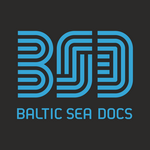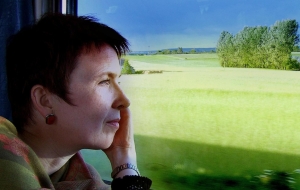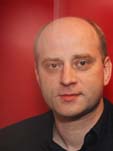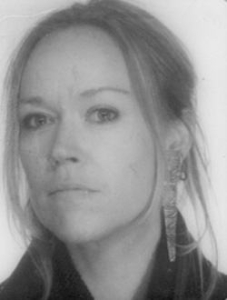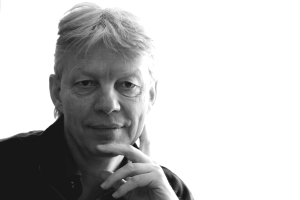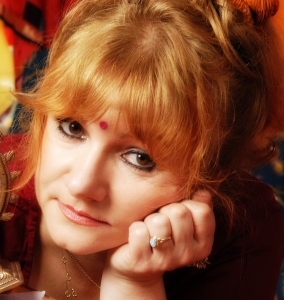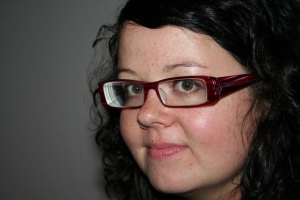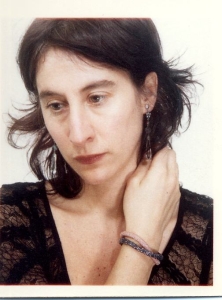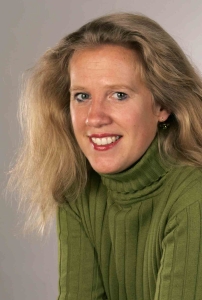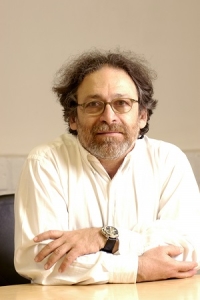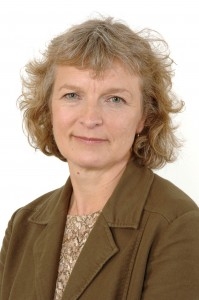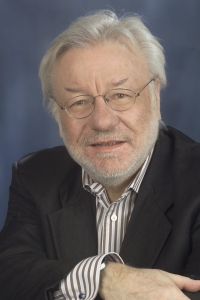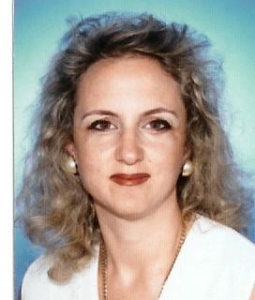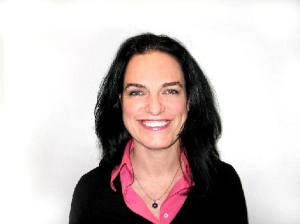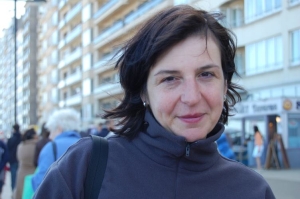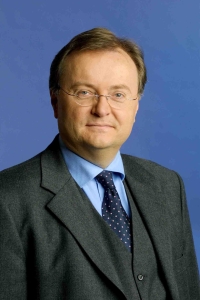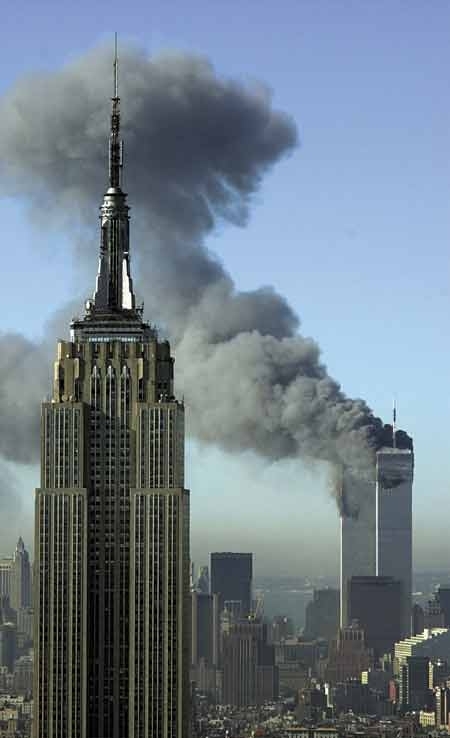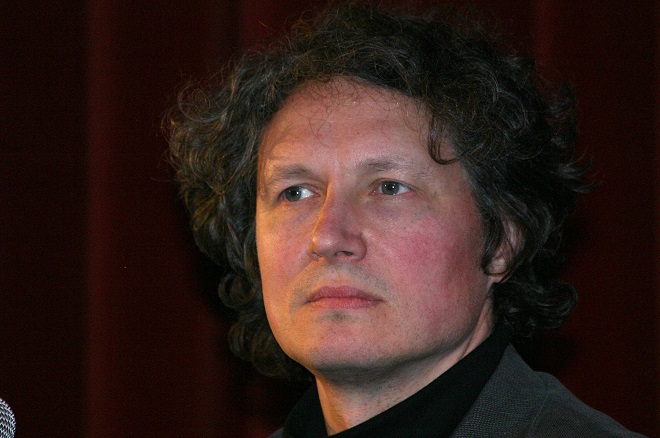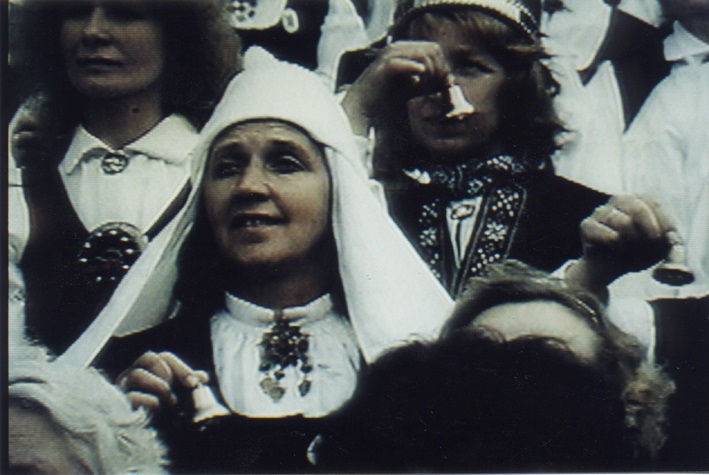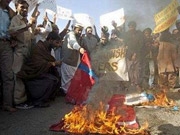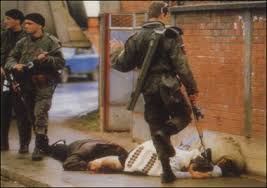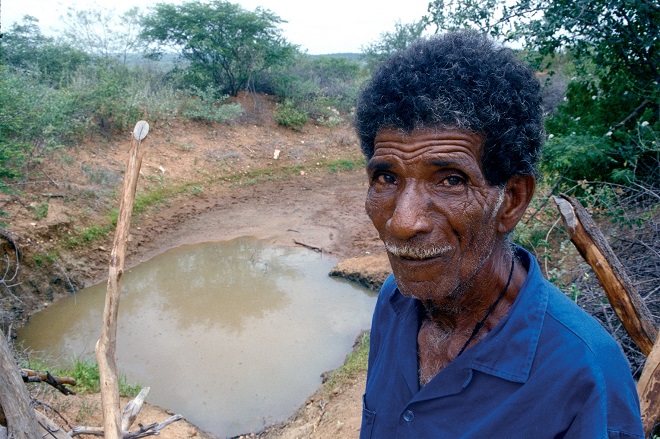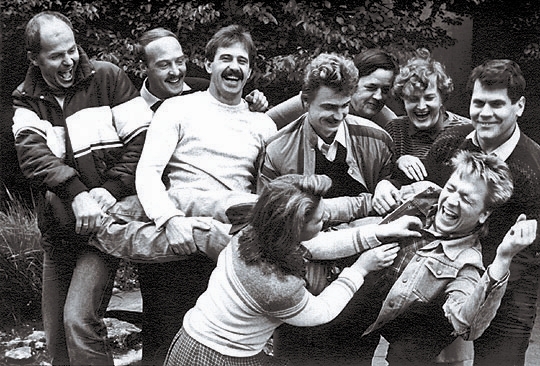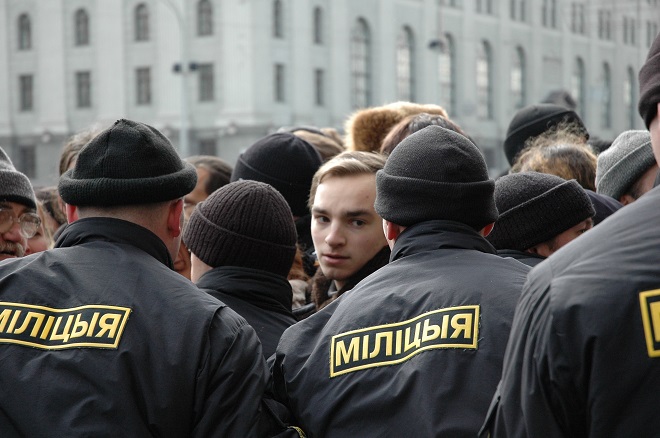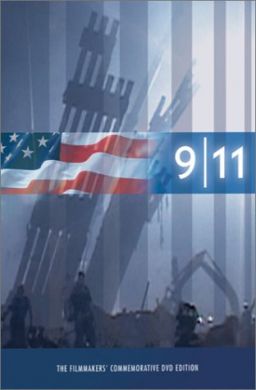Forum Projects
| Country of origin | Title of the project | Producer /Director / Company |
|---|---|---|
| BELARUS | Probes | Volha Nikalaichyk, Yury Khashchavatski
BRAMA |
| BELARUS | Journalists | Volha Nikalaichyk, Aleh Dashkevich
BRAMA |
| ESTONIA | Factory 7 | Pille Rünk, Eeva Jäntti
Allfilm |
| ESTONIA | Warrior on the Invisible Frontline | Jaak Lõhmus
Estinfilm |
| ESTONIA | New World | Jaak Kilmi
Kuukulgur Film |
| ESTONIA | Black & White Window | Kiur Aarma
Ruut |
| ESTONIA/UKRAINE | The Pit | Marianna Kaat/ BFP
Olena Fetisova/ Interfilm Production Studio |
| GEORGIA | Stalber | Nino Gamrekeli, Rusudan Pirveli
Caucasian Filmodrom |
| GEORGIA | The Secret of Stalin’s Chef | Lela Tsiphuria, Independent Producer |
| LATVIA | Destination Lost | Ieva Ūbele
Elm media |
| LATVIA | Is it Easy … ? After 20 Years | Antra Cilinska
Juris Podnieks Studio |
| LATVIA | Hair | Margarita Apine, Elvita Ruka, Aija Bley
A. Bley Film Studio |
| LATVIA | Ksa Kelim. On a Siberian Road | Bruno Aščuks, Nora Ikstena
Studio Centrums |
| LATVIA/GEORGIA | Unknown Wrestlers | Uldis Cekulis/ VFS
Temo Tsava/ Palestra |
| LITHUANIA | Living in Paradise | Egle Vertelyte, Arunas Matelis, Lukas Trimonis
Ultra Nominum |
| LITHUANIA | Sharing London | Inesa Ivanova, Independent Producer |
| POLAND | Behind the Poster | Wojciech Szczudlo, Marcin Latallo
Kalejdoskop |
| POLAND | Crazy Guides | Konrad Szołajski, Ewa Żukovska
ZK Studio |
| UKRAINE | The Philharmonic | Maxim Vasyanovich, Natalka Dovka
Garmata Films |
| UKRAINE | My Mom is a Dolphin | Ella Shtyka, Dmitry Tyazhlov
New Kyiv |
Tutors
Born in Warsaw, a graduate of the State Lyceum of Fine Arts in Warsaw and the Department of Polish Philology at the University of Warsaw she received her education in the field of TV production at the Media Academy in Hilversum. She lived in Holland for many years where she worked in the audiovisual industry.
In the years 1997-2002 Dorota Roszkowska worked as the Commissioning Editor in the cultural department of TVP Polish Television where she dealt with co-productions for the European Cultural Channel ARTE. Under her editorship many documentary films, international debate panels and TV broadcasts were made and broadcast in Poland and Europe.
She completed the Discovery Campus Masterschool on co-production of documentary films. Is a member of the Executive Committee of EDN European Documentary Network and member of the EFA European Film Academy. Is the vice-president of the International Association “Future of Media” as well as a founder-member of the New Horizons Association organizing the Film Festival in Wroclaw. She writes about documentaries and works as the international film consultant.
She runs the independent company Arkana Studio www.arkanastudio.pl, based in Warsaw, focused on the documentary film production, promotion and education.
Is the organizer of the international documentary film workshops and pitching Dragon Forum www.dragonforum.pl
She speaks the languages: Polish, English, Russian, Dutch and French.
After studies of economics in Latvia University has worked as a journalist in Latvian daily newspaper from 1989 till 1991.
From 1991 to 2006 as managing director and producer runs one of the first Latvian independent film production companies Kaupo Filma*. Since 1991 has produced more than 30 documentaries and 7 feature films. Among them many international co-productions, films has won many awards at international festivals and broadcast on TVs around the Europe, US, Australia.
Documentary titles include films like The Ferry* by Laila Pakalniņa (screened in Cannes), Egg Lady* by Una Celma (shown in more than 40 festivals around the world, sold to many broadcasters in Europe and outside), Flashback* by famous veteran documentary filmmaker Herz Frank (premiered at IDFA competition), Romeo and Juliet* by Viesturs Kairišs (nominated as best foreign film by Russian Film Academy) and many more. Latest feature film The Dark Deer* was selected for competition of Karovy Vary international film festival (2007). The Austrian-UK-Latvian co-production Midsummer Madness*s will be released autumn 2007.
Guntis Trekteris worked as co-production and training coordinator for Baltic Media Centre* (Denmark) from 1996 – 2002. In 2002, 2003 and 2006 was a producer of Baltic Sea Documentary Forum, co-organized with EDN, BMC and the National Film Centre of Latvia.
Guntis Trekteris is a chairman of Latvian Film Council, the consultative body at the Latvian Ministry of Culture. A vice-president of Latvian Producers’ Association, a member of Latvian Filmmakers Union, European Documentary Network, European Motion Pictures Producers Association.
In 2005 establishes new independent production company Ego Media
Karolina Lidin is director of Filmkontakt Nord, the Nordic promotion and coordination centre for independent Nordic documentaries and short films, and head organizer of Nordisk Panorama – 5 Cities Film Festival, Nordisk Panorama Market and Nordisk Forum for Co-financing of Documentaries. In 1991, Karolina Lidin launched her career at The MEDIA Project for the Creative DOCUMENTARY in several capacities: Head of Development & Promotion, Deputy Secretary General and Acting Secretary General. In 1995-1996 she worked as creative producer for Holland House Productions. In 1996, she became Commissioning Editor at the Danish Film Institute, where she until 1999 was responsible for co-production and acquisition of short films and documentaries. Thereafter Karolina Lidin was appointed Head of Short Films and Documentaries, in charge of the Danish Film Institute’s department for promotion, marketing, distribution, acquisition and international relations until her appointment as Director of Filmkontakt Nord in 2002. Karolina Lidin has been moderating the IDFA FORUM since 1997, the Toronto Documentary Forum since its launch in 2000 and lately the AIDC Documarts in Adelaide and Melbourne, in addition to extensive festival jury duty, panel participation and tutoring at training sessions in Europe and the Americas. In 2004 she was honoured with the Danish WIFT Award for her contribution to the Danish documentary community. In 2008 Karolina Lidin is leaving Filmkontakt Nord and off to new challenges – who knows where she will turn up next?
Film producer
1955 Born in Copenhagen, Denmark
1976-79 Degree in Film Studies at the University of Copenhagen
1980-88 Appointed at Danish Filmcenter, distribution of shorts and documentaries
1984-94 Independent Producer and production manager of a number of shorts & documentaries
for The National Filmboard of Denmark, The Danish Film Institute and Danish TV
1995-98 Initiator and manager of the festival ”Films from the South” (films from outside Europe & USA) arranged in corporation with the Copenhagen Film Festival
1993-98 Co-owner & Film producer at ”Manden med Cameraet”. Producer of a number of international TV-series & documentaries
1998-99 Degree at EAVE, The European Union Media Programme’s education for ‘European Audiovisual Entrepreneurs’
1998-2002 Production adviser / Shorts and Documentaries at the Danish Film Institute
2000- Tutor at European Documentary Networks (EDN) related workshops
2002- Co-owner & Head of documentaries at Final Cut Productions.
Producer of a.o. ‘The German Secret’, Joris Ivens competition IDFA 2004, Hot docs Toronto 2005
2005 – Board member EDN
Rada Šešić, born in Croatia, worked as a film critic and director of several short and documentary films in Sarajevo, Bosnia and Herzegovina. In 1993 she came to the Netherlands and since then is based in Utrecht. She established herself as a specialist for South Asian cinema and Eastern European film. Šešić is a guest lecturer at the University of Amsterdam and works as a programme advisor for the International Rotterdam Film Festival and the International Documentary Filmfestival Amsterdam. She is also a programmer of Kerala Film Festival (India) and head of the Regional Documentary competition at the Sarajevo Film Festival. Since the beginning of Jan Vrijman Fund (part of IDFA) that supports creative documentaries she is in a selection commity and since recently in Hubert Bals Fund (part of IFFR) that supports feature fiction films as well as in the Dutch Fund STIFO, that supports television coproduced creative projects. She is also a lecturer at the Dutch Institut for the film education. Recently she became a main programmer of the International Bukurest film Festival, Romania and a selector of the international docs. at the Sofia Film Festival, Bulgaria. Šešić still works as a filmmaker (Room Without a View, 1997, Soske, 2001, In Whitest Solitude 2002) and a film critic (Skrien, Film Guide, Dox, Croatian Film Annual, Aitkens’ Documentary Encyclopedia, A Book 24 Frames ).
Decision Makers
Estonian Television
Born in 1978 in Tallinn, Estonia. Studied Social sciencies in University of Tallinn. Since 2003 works in Estonian Public Broadcasting´s acquisitions department.
Company profile:
Estonian Public Broadcasting (Eesti Rahvusringhääling) is a public broadcaster with 5 radio and 1 TV channels. Broadcasting hours in 2006 is 8707 and acquisitions programming of it is 49%.
Main documentary slots:
Current affairs docs – weekly, Monday at 22:05, 1-hour
dokkaader (docframe) – creative author films, weekly, Wednesday at 22:25, open end
Examples: 3 Rooms of Melancholia, Czech Dream, Swenkas, Guerilla Girl, Story of the Weeping Camel also, every month 1 new Estonian documentary is released.
AegRuum (TimeSpace) – scientific docs with human perspective, weekly, Saturday at 17:05, 1-hour
Nature Docs – Saturday at 19:00, 1-hour
Music documentaries – Thursday late night slot, 1-hour
HotDok – provocative stories with strong social background, weekly, Thursday 21:35, 1-hour
Senior Consultant to the Documentary Fund, Sundance Institute
Director, Human Rights Watch International Film Festival (HRWIFF) USA
Bruni has been the programmer and director for the HRWIFF for over a decade. The festival began in New York city in 1988 and now tours to over 40 cities throughout the North America with its flagship festivals in New York and London, as well as special co-presentations in Buenos Aires, Brussels, Munich, Rio de Janiero, Sderot (Israel) and Zurich. The festival´s high school program bring human rights videos and curriculum to teenagers throughtout the US annually, and for the past 6 years we have collaborated with the Media That Matters on line human rights short film festival.
At the Sundance Documentary Program (SDP), Bruni works closely with Cara Mertes, the Program’s director, to expand the roster of national and international documentary filmmakers working with the program, deepen national and international collaborations with filmmakers and cultural institutions, and broaden the human rights themes currently explored by the SDP.
Bruni holds a masters degree from NYU in their Interactive Telecommunications Program.
Organisation Profile:
The Sundance Institute
A non-profit organization based in founded by actor/director/producer Robert Redford in 1981. Emerging and aspiring producers, directors, writers, and film composers attend highly competitive programs run by the Institute, to assist them in developing their craft. The Sundance Institute celebrated its 25th anniversary in 2006. The Institute also owns and runs the annual Sundance Film Festival.
Human Rights Watch International Film Festival
In recognition of the power of film to educate and galvanize a broad constituency of concerned citizens, Human Rights Watch decided to create the Human Rights Watch International Film Festival. Human Rights Watch’s International Film Festival has become a leading venue for distinguished fiction, documentary and animated films and videos with a distinctive human rights theme. Through the eyes of committed and courageous filmmakers, we showcase the heroic stories of activists and survivors from all over the world. The works we feature help to put a human face on threats to individual freedom and dignity, and celebrate the power of the human spirit and intellect to prevail. We seek to empower everyone with the knowledge that personal commitment can make a very real difference.
WDR, Germany
Born in Cologne in 1971; studied Political sciences, Economy, Romance languages and literature and History of Latin America at the University of Cologne. Started her documentary career at PICKUP Film and TV Production in Cologne. From 1999 to 2005 worked in different positions with ARTE Channel in Germany. Since 2005 up to present works as a Commissioning Editor of Society and Culture Documentaries at WDR, Cologne
Born in 1948 in Montevideo, Uruguay. Studied economics and anthropology at Ben Gurion University, Israel. Doctoral research scholarship on philosophy from Stiftung zür Förderung der Philosophie, Mönchengladbach, Germany. He has collaborated with the College International de Philosophie in Paris. Moved to Spain in 1987. Worked as freelance essayist for local and international press as well as for cultural programs on public TV. Director of project development at Tesauro SA, a well known TV production company. Since 1995 he is Director of Programming and Content Development for MULTICANAL, a leading company in the design, production and distribution of thematic channels for cable, satellite or any other format of digital television. Directed the design and launch of Canal Odisea/Odisseia, documentary channel – the continuous leader in audiences both in Spain and Portugal for a decade. In 1996 redesigned Hollywood Channel, a movie channel, and launched Sol Música, a pop music channel. In 1998 he led the design, negotiation and launch of Canal de Historia, an international joint-venture with A&E (USA) – the autonomous Iberian version of The History Channel. Currently MULTICANAL produces seven thematic channels. He is the head of in-house and co-productions for all the channels, particularly documentaries for Odisea & Historia and general distribution. Roberto Blatt is a veteran Commissioning Editor, active in numerous European forums for documentaries organized by EDN and other institutions, as well as a lecturer for various academic master’s courses for docs.
Flora has worked for over 20 years in broadcast television, much of this time working with independent television companies as series producer, producer, line-producer, field-producer, or production manager on some one hundred productions including arts, current affairs, social history, science and wildlife documentary films. She was Director of the Edinburgh International Television Festival (1990 – 92), the first chair of the Production Managers’ Association (1991), Programming Manager of Discovery’s The Learning Channel (1992/3). Prior to joining AJE Flora worked as Producer and latterly Series Producer on Unreported World, Channel Four’s flagship foreign affairs series (2000-2005).
AL JAZEERA ENGLISH, the 24-hour English-language news and current affairs channel. With broadcasting centers in Doha, Kuala Lumpur, London and Washington DC, the channel will set the news agenda, bridging cultures and providing a unique grassroots perspective from underreported regions around the world to a potential global audience of over one billion English speakers.
The station broadcasts news, current affairs, features, analysis, documentaries, live debates, entertainment, business and sport. Al Jazeera English is part of a growing network that is now extending a fresh perspective from regional to global through accurate, impartial and objective reporting.
ARTE, Germany
ARTE is a European public-service culture television channel. Its originality lies in the fact that it targets audiences of different linguistic backgrounds, especially French and German. It is composed of three entities: The Head office in Strasbourg; and the two members (responsible for programme production and delivery), ARTE France in Paris and ARTE Deutschland TV GmbH in Baden-Baden.
ARTE Deutschland TV GmbH, the German member of ARTE, reflects the federal structure of public broadcasting in Germany. The ARD and ZDF, both state broadcasting stations, are shareholders in ARTE Deutschland TV GmbH. They produce or acquire the programmes which constitute the German contribution to ARTE telecasts. While the ZDF accounts for 50% of the German share and supplies all genres, including cinema features, TV dramas, documentaries and theme evenings, theatre and opera productions, ARD has established an arrangement whereby its individual stations focus on different specialities.
ARTE is financed, in France and Germany, through the television license fee.
ERT, Greece
The Hellenic Broadcasting Corporation (ERT SA) is a public enterprise, founded under Greek law 1730/87. Its principle goal is the delivery of radio and television services to promote objective, global information, to offer high quality entertainment and to safeguard Greek history and language, the advancement of Greek, European and world culture as well as to enhance communication with the Greek Diaspora.
At present, ERT is the largest broadcasting organization in Greece, having made significant investments in real estate, state-of – the- art technical infrastructure, as well as a unique sound and image historical archive.
ERT broadcasts from three broadcasting terrestrial television channels (ET-1, NET and ET-3) and one satellite station (ERT SAT), as well as three digital terrestrial channels (Prisma+, Cine+ and Sport +).
ERT’s range of activities also includes Music Ensembles, including the National Symphony Orchestra, the Orchestra of Contemporary Music and the ERT Choir.
Jennifer Batty started her TV career in Canada working for Great North International, which at the time were Canada’s leading factual producer and distributor. She has since worked at Alliance Atlantis Communication – known worldwide for the CSI franchise – developing, co financing and selling factual programmes worldwide. Jennifer has also worked for Discovery Europe and consulted on a number TV projects for WWF International. She is currently Head of Programming, Pay TV at Viasat Broadcasting, responsible for the Viasat pan European branded channels (Explorer, History, Crime & Nature) programming strategy.
Modern Times Group MTG AB is an international entertainment-broadcasting group with television – Viasat Broadcasting – as its core business. Viasat Broadcasting is the largest Free-TV and Pay-TV operator in Scandinavia and the Baltics, the largest shareholder in Russia’s largest independent television network, runs its own free-TV channels in a total of ten European countries and Pay-TV channels in a total of 22 European countries. Viasat’s channels reach more than 80 million people across these countries on a daily basis; a combined population of 366 million people every day, which gives Viasat Broadcasting the second largest broadcasting footprint in Europe. The Viasat DTH satellite TV package offers digital multi-channel TV packages of 50 own-produced and third party entertainment channels. MTG also runs the largest commercial radio network in northern Europe.
Born in 1963.
Master’s degree in Communication Sciences at the Free University of Brussels in 1985.
Executive Producer/director of Lichtpunt since 1988.
LlCHTPUNT
Lichtpunt is an independent broadcaster and has a two weekly TV-programme on the second channel of the Flemish public broadcast (VRT).
Lichtpunt is subsidised by the Flemish government.
The mission of Lichtpunt is to bring documentaries, interviews and
feature films from a humanist point of view.
Therefore Lichtpunt broadcasts human/social-interest programmes. Lichtpunt produces a part of its programmes by its own Staff, but also
buys and co-produces on the international market.
Contact: Lichtpunt, Lambermontlaan, 474, 1030 Brussels, Belgium
Tel.: + 32 2 735 91 54 Fax: + 32 2 734 62 49
www.lichtpunt.be
ORF, Austria
After studies in Catholic Theology and German Literature at the Universities of Vienna and Graz, Franz Grabner became head of the educational program of a Catholic Student Centre at the University of Graz, which included managing two galleries of Contemporary Art and organizing numerous cultural events. Grabner’s great interest in film resulted in a series of filmfestivals, which he managed from 1989 – 1993. Since 1994 Franz Grabner has worked for ORF Religion, responsible for religious documentaries and the thematic evening “Kreuz und Quer” (“Criss-cross”). 2003 he changed to the ORF culture department and is since that time the Head of Documentaries, Art and Culture.
Film Programme FILMS THAT SHOOK THE WORLD
89’, colour, UK, 2006
9/11 was the catalyst that changed the course of history. Within hours, some news terms quickly become common parlance around the world. 9/11, Al-Qaeda and Osama Bin Laden. But what if 9/11 did not happen the way we think it did?
Designed for broadcast on the 5th anniversary of 9/11, Loose Change 2* is a forensic examination of the witness testimony, on the spot reporting and scientific evidence surrounding the September 2001 attacks. This controversial film disputes the accepted version of events. It highlights the inconsistencies in the official story, which have been left unexamined by the mainstream media. It suggests that 9/11 could only have been the most sophisticated propaganda exercise in human history, masterminded and executed from within.
Loose Change 2 is the most downloaded film in history. Over 30 million people have viewed it on-line.
Director Dylan Avery
Produced by Louder Than Words
Distributed by Mercurymedia
50’, colour, Russia, 2007
In November 2006, former KGB officer Alexander Litvinenko died in a London hospital, the world’s first known target of radioactive terrorism. This unflinching documentary is a memorial to a courageous critic of Russia’s corrupt and authoritarian regime. Andrei Nekrasov offers a deeply personal portrait of Litvinenko put into the context of morbid social conditions of contemporary Russia infested with political persecution, muzzling of journalists and murder. Nekrasov’s film is a sizzling indictment of the Russian regime and, in particular, of Vladimir Putin.
The Russian renegade comes across as no conspiracy theorist, nor even an enemy of patriotism, but a decent man spurred to defiance by the culture of corruption in which he found himself. (Daily Telegraph)
Director Andrei Nekrasov
Produced by Dreamscanner Productions
Distributed by Dreamscanner Productions
64’, colour, Juris Podnieks Studio, Latvia, 1990
The film is a testimony to the fight for political self-determination by the people of Latvia, Lithuania and Estonia during 50 years of Soviet occupation. It combines the traditional Song Festival in these republics with personal stories describing the fate of people in the Baltic countries.
A sequel to the film Postscript features the tragic events in Vilnius un Riga in January 1991, when two cameramen – Andris Slapiņš and Gvido Zvaigzne were killed during the shooting by the Soviet troops.
Director Juris Podnieks
Produced by Juris Podnieks Studio
Distributed by Juris Podnieks Studio
52’, colour, Denmark, 2007
What do cartoons tell us about contemporary democracy? A lot it seems. Freedom of expression has always been a core principle of democracy. Imagining one without the other is unthinkable to most people. But what happens when one democratic right infringes on the rights of others? Since the furore of the Danish cartoons it is clear that not everyone agrees with the idea of limitless freedom.
This is a documentary about how and why 12 drawings in a Danish provincial paper could whirl a small country with 5 million people into a confrontation with Muslims all over the world. Will the world ever be the same after the publication of these drawings? We might conclude – How can it be?
Directed by Karsten Kjaer
Produced by Freeport TV
105’, colour, UK, 1999
A Cry from the Grave* tells the story of the Srebrenica massacre of 1995, in which the Bosnian Serb army killed an estimated 7,000 Bosnian Muslims. For a large part consisting of original video material shot by the people involved themselves, it follows hour by hour the story of the killings. Through the testimony of survivors and relatives of those who died it explores the pain felt when no one is brought to justice. But the underlying message of the film is bleak indeed – no matter what is done, it will never be enough.
Film has been shown at the UN, and it was used during a war crimes trial at The Hague.
Director Leslie Woodhead
Produced by Antelope Productions, Ryninks Films, WNET Channel 13 NY
Distributed by Antelope Productions
96’, colour, Austria, 2005
Every day in Vienna the amount of unsold bread sent back to be disposed of is enough to supply Austria’s second-largest city, Graz. Around 350,000 hectares of agricultural land, above all in Latin America, are dedicated to the cultivation of soybeans to feed Austria’s livestock while one quarter of the local population starves.
Erwin Wagenhofer traces the origins of the food we eat. His journey takes him to France, Spain, Romania, Switzerland, Brazil and back to Austria. We feed the world is a film about food and globalisation, fishermen and farmers, long-distance lorry drivers and high-powered corporate executives, the flow of goods and cash flow–a film about scarcity amid plenty. With its unforgettable images, the film provides insight into the production of our food and answers the question what world hunger has to do with us.
In 2004 EU announced a moratorium on the import of genetically modified seed. Since then GM branded products has become a part of our everyday life and we have to get used to the idea that there are no longer any GM-free foods.
Director Erwin Wagenhofer
Produced by Allegro Film
Distributed by Allegro Film
86’, colour, Latvia, 1986
The film starts with rock concert in a small Latvia town Ogre. It wouldn’t be special at all but back in the 80-ies when Latvia was still a part of the Soviet Union, it was not allowed for teenagers to behave like their counterparts in the West. Young people were not allowed to burst out into emotions and behave freely. But they did. Even more. On their way back after the concert, teenagers vandalised the train carriage. They had to be punished just to threaten all the others. Out of 2000 youngsters 7 were put on trial, one of them (the only one who was of age) was sentenced with three years in prison.
The film openly speaks about the life of young people under the Soviet regime – their conflict with grown-ups, parents, teachers and the society, about drugs and the meaning of life. The film is a masterpiece in its expression and openness.
Gorbachov once called it “The first bird of Perestroika”.
Director Juris Podnieks
Produced by Riga Film Studio
73’, colour, Estonia, 2007
How did it happen that 83% of Belarus population voted for Lukashenko in elections of the president in March 2006? The film tracks the opposition struggle during few post-election days in Belarus. Using a lot of archive material imprinted in the course of Lukashenko’s governing author draws a parallel between history and recent days. The movie shows the falsehood of the official propaganda and the ambiguous, sometimes polar, attitude of simple people. Assembling together all the debris of the opinions, comparing different historical events, jeering at dictator’s arrogance and manners, admiring courage and dedication of the young generation, the feature approaches the understanding of what is really going on in the center of Europe.
Authorities persecuted director Yury Khashchavatski, already since his first movie on Lukashenko – An Ordinary President* (1996). They still watch him. All production was done underground.
Produced by Baltic Film Production OÜ
Distributed by Deckert Distribution
129’, colour, United States, 2002
On September 11, 2001, filmmakers Jules and Gedeon Naudet were filming a documentary on a rookie New York City firefighter when they noticed a plane overhead. That plane would hit the World Trade Center. The firefighter and the Naudets rushed immediately to the scene. The Naudets filmed throughout Sept. 11 and the days afterward from the firemen’s perspective, as it became clear to them that this was the only known footage from inside the Twin Towers that day.
This documentary contains the only footage from the lobby of Tower One after flight 11 hit until the collapse of Tower Two.
Directors Jules Naudet, Gédéon Naudet, James Hanlon
Produced by CBS Television, Goldfish Pictures, Silverstar Productions, Reveille
Distributed by CBS Television, CBS Worldwide, Paramount Home Video
